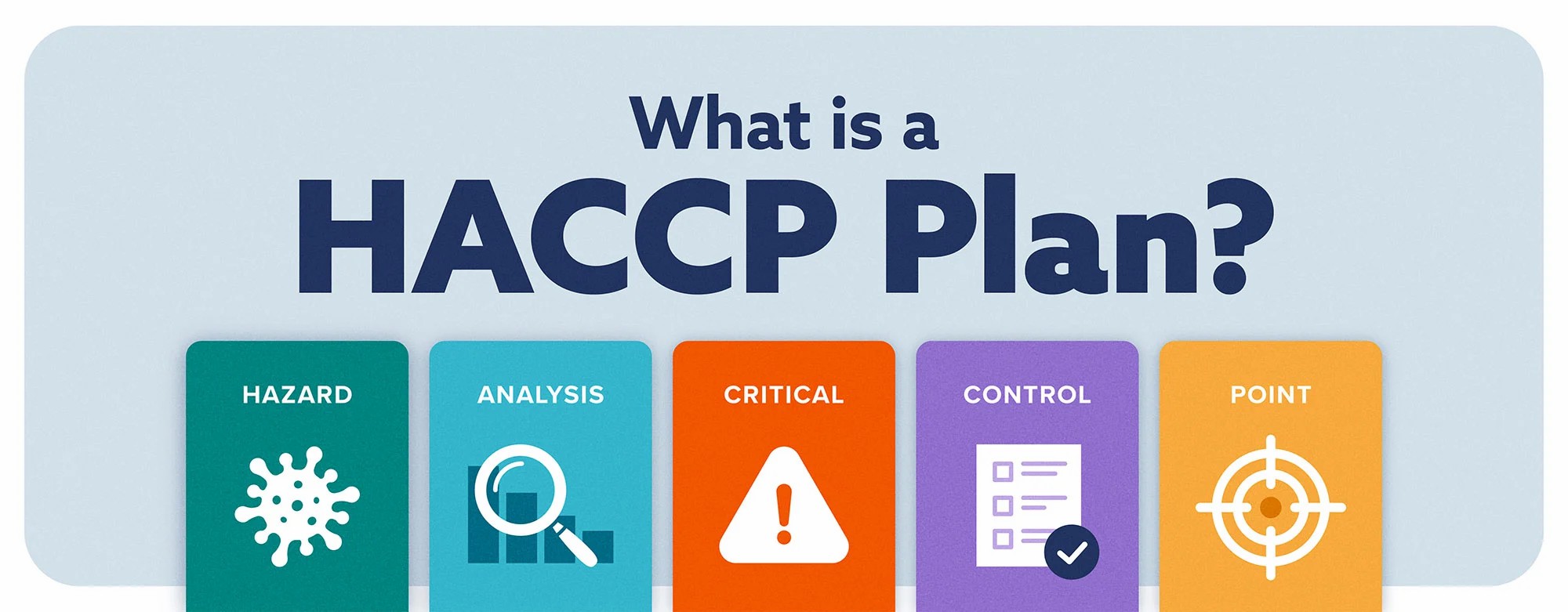Unlocking Food Safety: The Crucial Role of HACCP Certification for Businesses in Ireland
In the diverse culinary landscape of Ireland, which includes major cities such as Dublin, Cork, Galway, Limerick, Waterford, and Belfast, ensuring food safety is paramount. As food business owners, restaurant managers, and professionals in the hospitality industry, understanding the significance of HACCP certification is crucial not only for compliance but also for protecting public health.
What is HACCP? Understanding Its Role in Food Hygiene & Risk Management
HACCP stands for Hazard Analysis Critical Control Points. It is a systematic approach to food safety that emphasizes the prevention of hazards throughout the food production process. This means identifying potential biological, chemical, and physical hazards and instituting controls to mitigate these risks. Implementing HACCP principles not only ensures compliance with Irish and EU regulations but also builds trust with consumers.
Key HACCP Principles
- Conduct a Hazard Analysis: Identify and assess hazards that may affect food safety.
- Determine Critical Control Points (CCPs): Identify points in the process where controls can be applied to prevent or eliminate hazards.
- Establish Critical Limits: Define the acceptable limits for each CCP.
- Establish Monitoring Procedures: Implement procedures to monitor CCPs to ensure they remain within critical limits.
- Establish Corrective Actions: Create procedures to follow when monitoring indicates that a CCP is not within the established limits.
- Verification Procedures: Use methods, procedures, or tests to verify that the HACCP system is working effectively.
- Record Keeping: Maintain accurate records to demonstrate the effectiveness of the HACCP system.
HACCP Training Benefits: Ensuring Food Safety Standards in Ireland
Education is vital in the implementation of HACCP principles. HACCP training offers numerous benefits:
- Compliance with Regulations: Regular training ensures that employees understand legal requirements and adhere to them.
- Enhanced Food Safety Practices: Staff become knowledgeable about hygiene standards, preventing contamination.
- Improved Quality Control: Effective HACCP practices lead to higher-quality food production.
- Customer Trust: HACCP certification can differentiate your business, instilling confidence in your customers.
Step-by-Step Guide to Getting HACCP Certification for Your Business
Obtaining HACCP certification involves several steps:
- Assess Current Practices: Begin by evaluating your existing food safety procedures.
- Enroll in HACCP Training: Ensure that key team members complete an accredited HACCP training course.
- Develop Your HACCP Plan: Create your HACCP plan tailored to your specific business operations.
- Implement the Plan: Start applying the procedures outlined in your HACCP plan across your business.
- Conduct Regular Audits: Regularly review and update your HACCP plan to ensure ongoing compliance.
- Engage with Certification Bodies: Work with an accredited certifying body to conduct an official assessment.
Comparing Online vs. In-Person HACCP Training Courses
Many businesses are turning to online HACCP training due to its flexibility, allowing employees to learn at their own pace. Here are the advantages and what to consider:
- Convenience: Online courses can be taken at any time, suited to your business schedule.
- Accessibility: Online training eliminates travel expenses and time away from work.
- Interactive Learning: Many online programs use videos, quizzes, and interactive modules to make learning engaging.
- Certifications: Ensure that the online course you select is accredited and accepted by relevant authorities.
Common HACCP Violations and How to Prevent Them
Being aware of common violations can help your business avoid pitfalls. These may include:
- Failing to Conduct a Complete Hazard Analysis: Ensure thorough identification and documentation of potential hazards.
- Not Monitoring CCPs: Regularly check each critical control point for compliance.
- Poor Documentation: Maintain clear records of all HACCP activities to demonstrate adherence and traceability.
How HACCP Compliance Strengthens Business Reputation and Customer Trust
Adherence to HACCP not only protects public health but also enhances your business reputation. Consumers are more likely to trust establishments that prioritize food safety and compliance. This trust translates into loyalty and repeat business.
How to Conduct a HACCP Audit for Your Business
A HACCP audit is essential for assessing compliance and effectiveness. Here’s a straightforward process to follow:
- Prepare & Plan: Decide on the audit scope and select team members.
- Review Documentation: Examine HACCP plans, training records, and compliance documentation.
- Conduct On-Site Evaluation: Observe processes firsthand and verify that practices align with documented procedures.
- Report Findings: Compile results and provide constructive feedback for improvements.
Conclusion
HACCP certification is not just a regulatory requirement; it’s an investment in your business's future. By ensuring compliance with HACCP principles, Irish food businesses can safeguard public health, enhance customer trust, and maintain a competitive edge in the bustling food industry. Interested in obtaining HACCP certification or further training? Enroll in one of our HACCP training courses today or reach out to us at [email protected] for more information.



 349,500 Offered Certificates
349,500 Offered Certificates
 24/7 Online Training
24/7 Online Training
 Money Back Guarantee
Money Back Guarantee
 Fully Accredited Courses
Fully Accredited Courses
